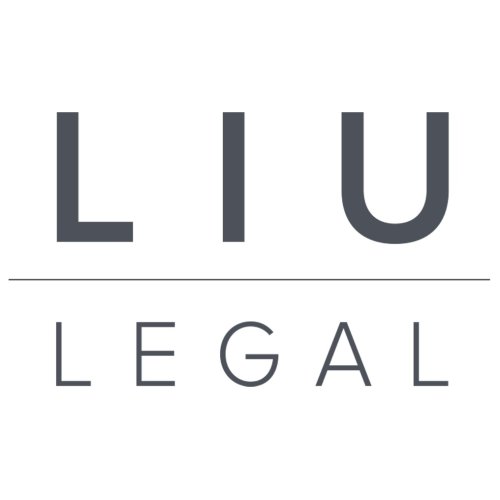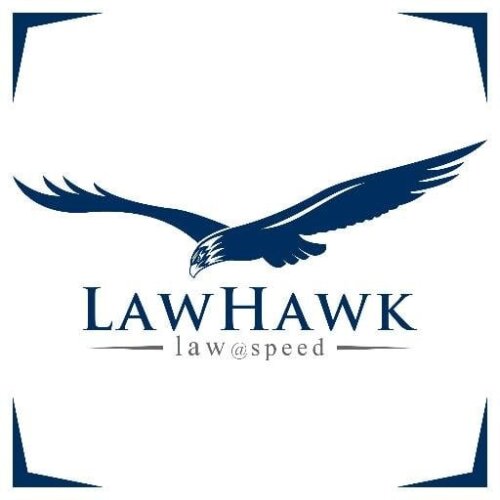Best International Trade Law Lawyers in Wellington
Share your needs with us, get contacted by law firms.
Free. Takes 2 min.
List of the best lawyers in Wellington, New Zealand
About International Trade Law in Wellington, New Zealand
International Trade Law in Wellington, New Zealand, encompasses the legal principles and regulations that govern the exchange of goods, services, and technologies across international borders. Wellington, the country's capital, serves as a political and economic hub, playing a key role in shaping New Zealand's trade landscape. The city is home to numerous governmental agencies and international organizations that influence trade policy and practices. New Zealand has a robust legal framework that aligns with international standards, ensuring that trade transactions are conducted fairly and in compliance with international trade agreements.
Why You May Need a Lawyer
Seeking legal advice in the field of International Trade Law can be crucial for a variety of reasons:
- Ensuring compliance with international trade regulations and agreements.
- Drafting and negotiating international trade contracts.
- Resolving trade disputes and litigation issues.
- Assistance with import/export licensing and documentation.
- Understanding tariffs, duties, and taxes associated with international trade.
- Advice on intellectual property rights related to international trade.
- Navigating anti-dumping and countervailing duty measures.
- Guidance in free trade agreements and trade facilitation.
Local Laws Overview
In Wellington, New Zealand, International Trade Law is influenced by a combination of local laws and international commitments. Key aspects include:
- The Customs and Excise Act, which regulates importation and exportation proceedings.
- The Fair Trading Act, ensuring that trade practices align with consumer protection and fair competition.
- New Zealand's involvement in various international agreements, such as the Comprehensive and Progressive Agreement for Trans-Pacific Partnership (CPTPP) and the World Trade Organization (WTO) agreements.
- The Export Controls regime and sanctions laws, which govern the export of certain goods and technologies.
- The role of Trade and Enterprise New Zealand (NZTE) in facilitating global trade and investment opportunities.
Frequently Asked Questions
What is International Trade Law?
International Trade Law refers to the legal rules and regulations governing the exchange of goods, services, and technologies between countries.
Do I need a lawyer for international trade transactions?
While not mandatory, consulting a lawyer can help ensure compliance with complex legal requirements and provide guidance in contract negotiations and dispute resolution.
What are the key international trade agreements New Zealand is part of?
New Zealand participates in several trade agreements, including the CPTPP, WTO agreements, and bilateral free trade agreements with countries like Australia and China.
How can an international trade lawyer assist my business?
An international trade lawyer can help navigate legal and regulatory frameworks, draft and review trade contracts, and provide representation in trade disputes.
What should I consider when drafting an international trade contract?
Key considerations include jurisdiction, applicable law, dispute resolution mechanisms, delivery terms, and payment conditions.
What role does NZTE play in international trade?
Trade and Enterprise New Zealand (NZTE) assists businesses in expanding their international reach by providing market insights, networking opportunities, and support services.
How do tariffs and duties affect my business?
Tariffs and duties impact the cost of importing and exporting goods and services, and understanding them is essential for pricing strategies and profit margins.
What is the process for resolving international trade disputes?
Disputes can be resolved through negotiation, mediation, arbitration, or litigation before domestic or international courts, depending on the contract and applicable laws.
Are there restrictions on exporting goods from New Zealand?
Yes, certain goods require export licenses due to economic sanctions, national security concerns, or international obligations.
What is anti-dumping, and how does it relate to international trade law?
Anti-dumping measures protect domestic industries from foreign companies selling products below fair market value. They involve additional duties imposed on such imports.
Additional Resources
For further information and assistance, consider these resources:
- Ministry of Foreign Affairs and Trade (MFAT) - Provides policy guidance and trade negotiation updates.
- New Zealand Customs Service - Offers information on import/export procedures and regulations.
- Trade and Enterprise New Zealand (NZTE) - Supports businesses in growing internationally.
- Wellington Chamber of Commerce - A local body providing resources and support for businesses involved in international trade.
Next Steps
If you require legal assistance in International Trade Law, consider the following steps:
- Identify the specific legal needs or challenges you are facing in your trade activities.
- Seek recommendations for reputable international trade law firms or lawyers in Wellington.
- Schedule consultations to discuss your situation and obtain professional advice on your options.
- Ensure that any lawyer you engage with is familiar with both local and international trade regulations.
- Follow up on the lawyer’s advice to address legal issues and ensure compliance with trade laws.
Lawzana helps you find the best lawyers and law firms in Wellington through a curated and pre-screened list of qualified legal professionals. Our platform offers rankings and detailed profiles of attorneys and law firms, allowing you to compare based on practice areas, including International Trade Law, experience, and client feedback.
Each profile includes a description of the firm's areas of practice, client reviews, team members and partners, year of establishment, spoken languages, office locations, contact information, social media presence, and any published articles or resources. Most firms on our platform speak English and are experienced in both local and international legal matters.
Get a quote from top-rated law firms in Wellington, New Zealand — quickly, securely, and without unnecessary hassle.
Disclaimer:
The information provided on this page is for general informational purposes only and does not constitute legal advice. While we strive to ensure the accuracy and relevance of the content, legal information may change over time, and interpretations of the law can vary. You should always consult with a qualified legal professional for advice specific to your situation.
We disclaim all liability for actions taken or not taken based on the content of this page. If you believe any information is incorrect or outdated, please contact us, and we will review and update it where appropriate.

















